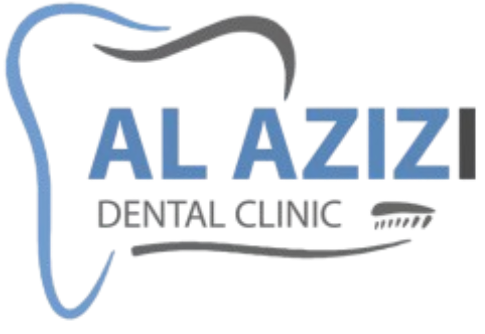Laser Dental Implants Technology
Laser Dental Implants: Modern Technology for Restoring Your Smile
Laser dental implants are one of the advanced and modern techniques in the field of dentistry, aimed at improving patient experience and increasing the effectiveness and safety of dental implant procedures. In this article, we will discuss in detail what laser dental implants are, their benefits, the procedure stages, and some important tips and information for patients considering this type of treatment.
What are Laser Dental Implants?
Laser dental implants rely on the use of laser technology to create precise incisions in the gum and bone instead of using traditional surgical tools like scalpels and drills. The laser is used to prepare the suitable site for placing the dental implant, reducing pain, swelling, and bleeding associated with traditional procedures.
Benefits of Laser Dental Implants
Reducing Pain and Swelling: The laser creates precise and smooth incisions, minimizing damage to surrounding tissues. This reduces post-surgery pain and swelling and speeds up the healing process.
Reducing Bleeding: The laser helps achieve faster blood clotting, reducing bleeding during and after the surgery. This makes the procedure safer and contributes to patient comfort.
Achieving High Precision: Laser techniques offer high precision in making incisions and preparing the site for the implant, increasing success rates and reducing failure risks.
Reducing Infection Risk: The laser has antibacterial properties, helping reduce infection risk and inflammation at the surgical site.
Reducing Surgery Time: Using the laser can shorten the surgery time, reducing patient fatigue and speeding up the recovery process.
Stages of Laser Dental Implant Procedure
Evaluation and Planning: Initially, the dentist evaluates the oral condition and takes X-rays and 3D imaging to determine the suitable site for the implant. Virtual planning software is used to outline the exact steps of the procedure.
Site Preparation: Using laser technology, precise incisions are made in the gum and bone to prepare the site for the implant. The laser helps achieve high precision and minimize damage to surrounding tissues.
Implant Placement: After site preparation, the dental implant made of titanium or ceramic is placed into the bone. The implant achieves immediate stability thanks to the use of the laser.
Healing and Recovery: After the implant placement, the healing and recovery process begins. The laser helps speed up the healing process and reduce pain and swelling. The patient's condition is regularly monitored to ensure successful procedure.
Crown Placement: After ensuring the implant's stability and proper bone integration, the final crown is placed on the implant. The crown is designed to match the patient's natural teeth in shape and color, enhancing the smile's aesthetics and mouth functionality.
Tips for Patients After Laser Dental Implants
Following Doctor's Instructions: It's essential to follow the doctor's instructions carefully after the procedure, including taking prescribed medications and adhering to dietary and oral hygiene guidelines.
Rest and Avoiding Strenuous Activities: Patients are advised to rest and avoid strenuous activities for a few days after the procedure to ensure proper healing.
Using Cold Compresses: Applying cold compresses to the affected area can help reduce swelling and pain.
Maintaining Oral Hygiene: It's crucial to maintain oral hygiene using a soft toothbrush and the mouthwash prescribed by the doctor to prevent infection.
Follow-Up Appointments: Regular visits to the dentist are necessary to monitor the implant's condition and ensure the procedure's success.
Are Laser Dental Implants Suitable for Everyone?
Although laser dental implants offer numerous benefits, they may not be suitable for everyone. It's advisable to consult with a dentist to evaluate the patient's health condition and determine if this technique is appropriate. In some cases, traditional techniques might be required instead of laser.
In conclusion, laser dental implants are among the latest technologies in the field of dentistry, providing many benefits to patients. By reducing pain, swelling, and bleeding, and increasing the procedure's precision, laser dental implants can be an excellent option for restoring the smile and oral health. If you're considering dental implants, we recommend discussing with your dentist to learn more about this technique and whether it suits your condition.





